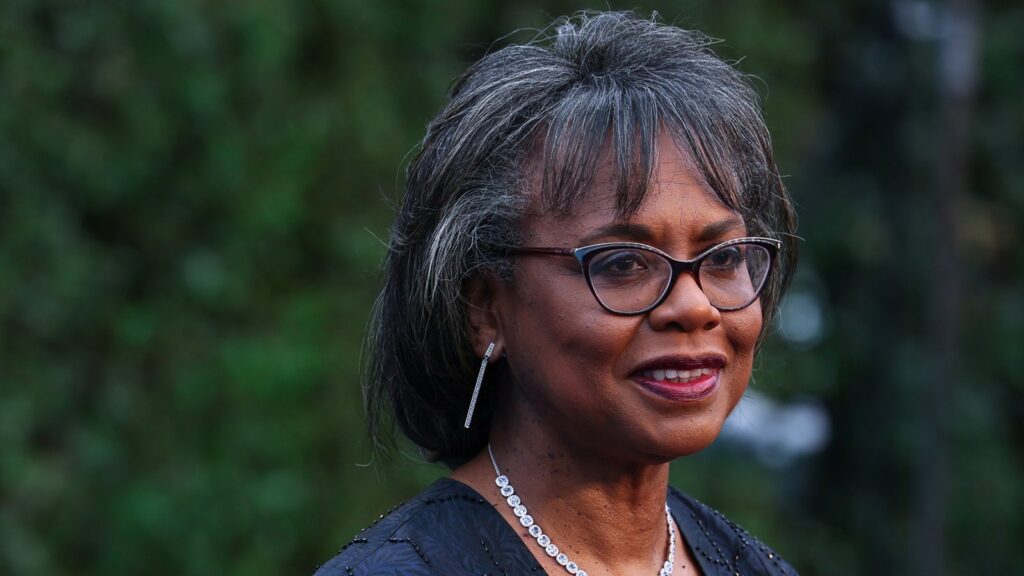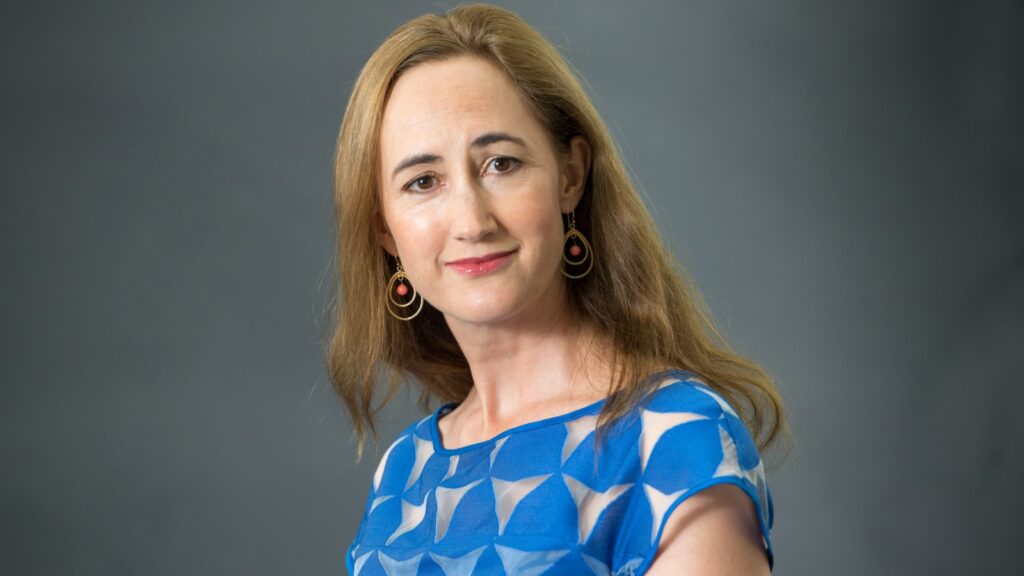Anita Hill Pens Op-Ed Standing With Victims and Survivors Following Harvey Weinstein Reversal
For more than three decades, Anita Hill has served as an advocate for workplace rights and a vocal figure in supporting victims and survivors of sexual assault. In the days since a New York appeals court overturned the rape conviction of disgraced producer Harvey Weinstein, Hill has been thinking more about the ways in which this decision plays into an already dangerous rhetoric often present in societal misconceptions about sexual abuse that strip women of authority and trust. In an essay published in the Hollywood Reporter, the lawyer and educator delves deeper into the ramifications that impact more than just Weinstein and his individual victims.
“It’s grossly ironic, if not outright cynical, that the release comes during Sexual Assault Awareness Month; it says volumes about the contemporary reality of sexual assault and the limits of legal protections against it,” Hill wrote about the decision to overturn the convictions after four years on the basis that Weinstein did not get a fair trial. “The case forces us to acknowledge that societal misconceptions about sexual violence continue to abound, providing support for the myth that women can’t be trusted to be truthful about being sexually assaulted. These same fallacies find their way into our justice system, corrupting jurors’ understandings of the legal concepts of consent, relevance, and credibility, and what it means to have reasonable doubt.”
Hill went on to highlight the absurdity of the court’s reasoning, which essentially dismissed the testimony of multiple women who claimed to have been assaulted by Weinstein because the majority decided that Justice James M. Burke, who oversaw the 2020 trial, should not have allowed prosecutors to allow accusers whose allegations were not part of the charges against him to testify in the trial.
“At the heart of the Court’s decision is the ruling that testimony of women who alleged that Weinstein had committed similar prior sexual acts against them was inadmissible,” Hill continued. “The Court concluded that, rather than offering context for the behavior that three named complainants testified to, the experiences of other women were irrelevant and prejudicial to Weinstein — no matter how similar those experiences were.”
Hill, who also serves as the Chair and President of the Hollywood Commissions, also took aim at what seems to be a blatant lack of understanding of the position that Weinstein once held in Hollywood, which gave him the power to perpetuate abuse without consequence for so long in the first place.
“In the Hollywood Commission’s surveys of over 13,000 entertainment workers, participants recognized the primary offenders are in powerful positions to influence who gets hired, who gets to keep a job, and can, and often do damage the reputations of those who complain,” she wrote. “This power inequity often “makes it impossible for victims to come forward” and perpetuates the lack of accountability. Which is why complainants in criminal cases need the context that others who have had similar experiences can provide.”
Looking forward, Hill is focused on repair within community — particularly how these communities “will ensure justice for sexual abuse survivors.”
“In my work with the entertainment industry to end sexual harassment and abuse, I have come to understand the power of this community to change and its commitment to workplaces that do not tolerate sexual aggression and violence, eschew the code of silence around sexual abuse, and value the voices of survivors,” Hill said, adding: “While many survivors and victims of sexual assault and rape may feel abandoned by the Court, we all can play a role in assuring them that they are not alone. Everyone who wants to see the end of sexual violence must know that no single legal ruling can ever upend the tremendous progress we have made together. By the truth of our testimonies, our movement will persist. And changes to our systems and culture will follow.”





